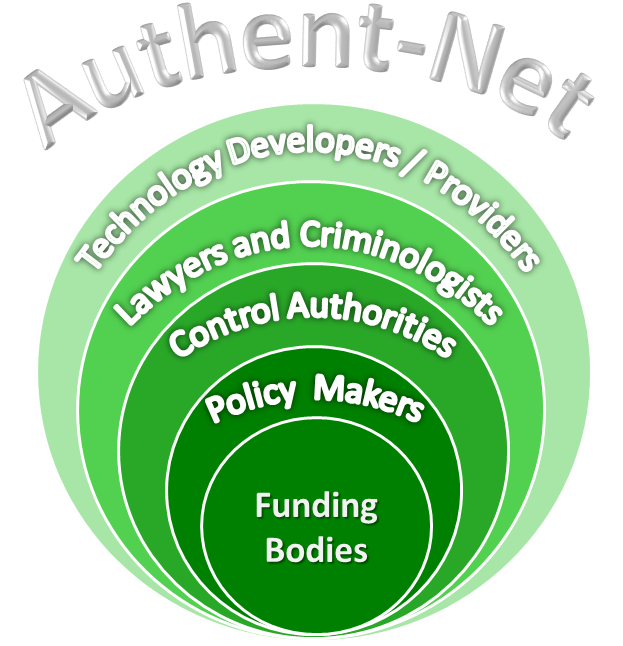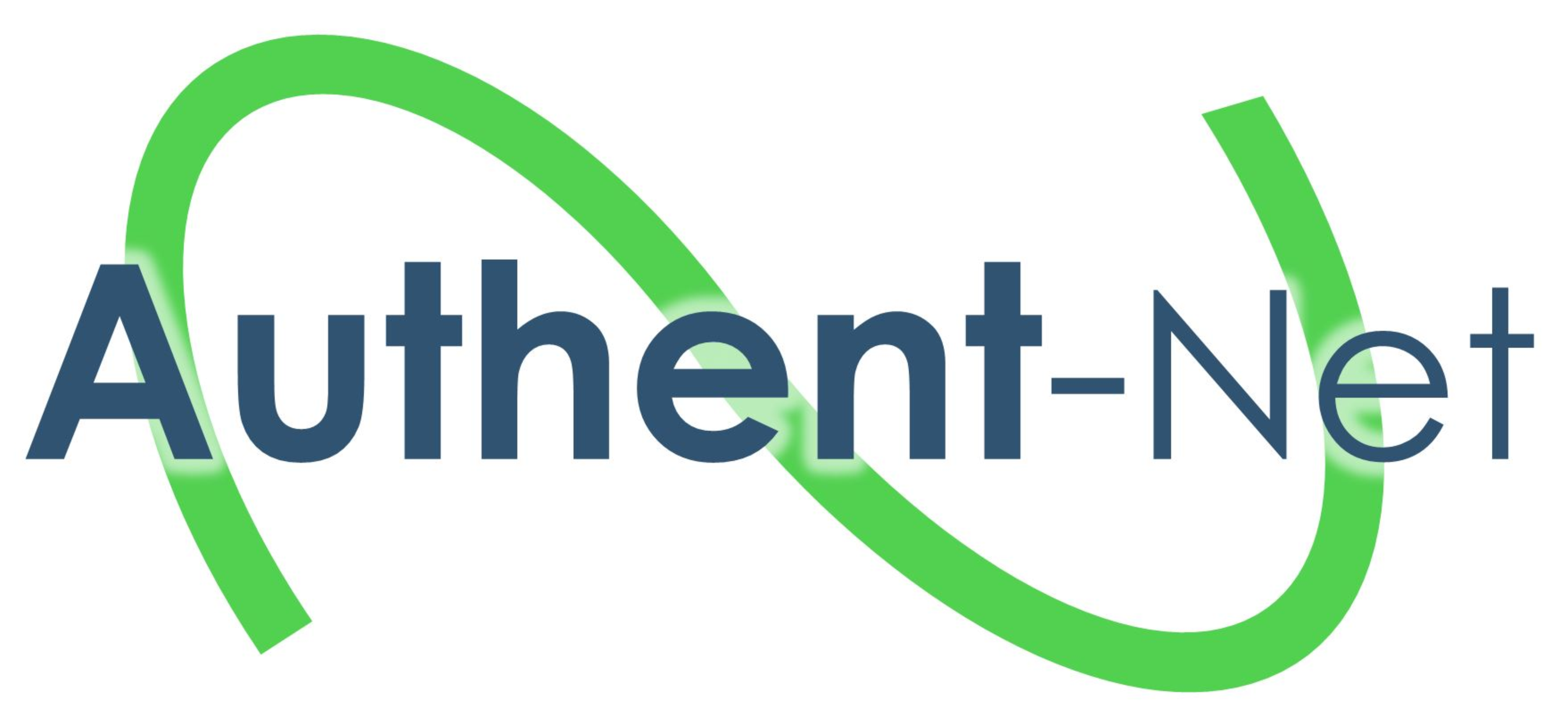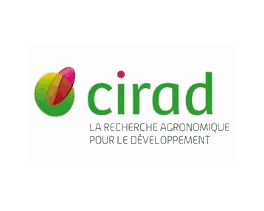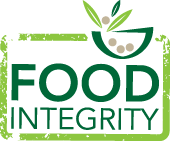WORKPLAN
- Cornerstone of the project
- Will identify a range of resources
- Collate and analyse existing data
- Deliver key overviews, reports, summaries and
data
- Links to relevant legal frameworks in respective
MSs
- Food authenticity status reports for several
specific countries and commodities
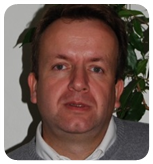 |
Leader: Vincent Baeten (CRA-W, Belgium)
|
Using data generated by WP1 to carry out a GAP analysis to
- Compare the state-of-the art between different
countries, regions and commodities, and
- Compare the current state of affairs with a
desired state of affairs.
The researchers and funders will use the results of the GAP analysis to identify complementarities
between activities at the member states and international levels, and to identify funding needs to
bridge the gap(s).
Future research priorities will be formulated where the urgent need for boosting existing in the field
detection and testing is balanced against member states budgetary constraints and optimum sampling
strategies.
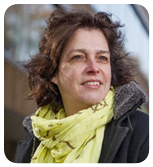 |
Leader: Saskia van Ruth (DLO-Wageningen
University and Research centre, The Netherlands) |
- Pivotal part of the project
- Expand the network
- Facilitate discussions and knowledge
exchange
Address a lack of common language in the area by developing a standard with terms and definitions which
are essential for any cooperation at member states and international levels and issue a white paper
highlighting the rationale for ERA-NET in the area of food authenticity.
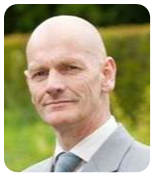 |
Leader: Chris Elliott (Queen's University
Belfast, UK) |
- Facilitate the exploitation of project results
through the development and maintenance of a the FARNH (a web-resource which will aggregate a wide
range of food authenticity data, generated by WP1, WP2 and WP3)
The Hub will be a main tool not only for funding bodies, but also for researchers, lawyers, regulators,
etc. seeking to improve coordination of research, databases and approaches for verification of food
authenticity, ensuring integrity and traceability along the food chain and across European countries.
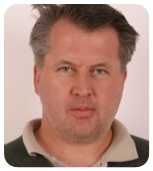 |
Leader: Petter Olsen (Nofima AS, Norway)
|
- Raise awareness of the action
- Facilitate engagement
- Support knowledge exchange and improved
communication
- Promote project outcomes between funding bodies
and other stakeholders
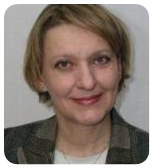 |
Leader: Jana Hajslova (University of Chemistry
and Technology, Prague, Czech Republic) |
Ensure dynamic and efficient project governance by:
- Managing
- Monitoring
- Structuring
Deal with ethical aspects (potential misuse/dual use of project outputs, gender action plan) and the
action coordination
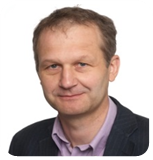 |
Coordinator: Paul Brereton (FERA Science Ltd,
UK) |

